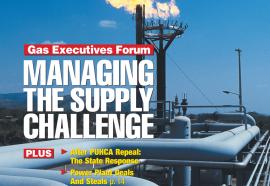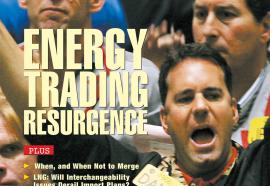A Consumer Advocate's View: Decoupling and Energy Efficiency
Two sides of the same coin.
When I became the Consumers’ Counsel for the state of Ohio in April 2004, natural-gas prices were hovering between $7/Mcf and $8/Mcf (thousand cubic feet). In the next year and a half, Ohioans saw gas prices double, peaking at a residential statewide average of $16.89/Mcf in the month of September 2005. The latter reflects the exacerbation of prices, already high, by hurricanes Katrina and Rita in the gulf region. The purpose of this article is not to focus on the national security and energy independence issues that arise from these circumstances, but rather to examine what we can do in the United States to ensure affordable and reliable supplies for residential consumers in both the short and long term.











